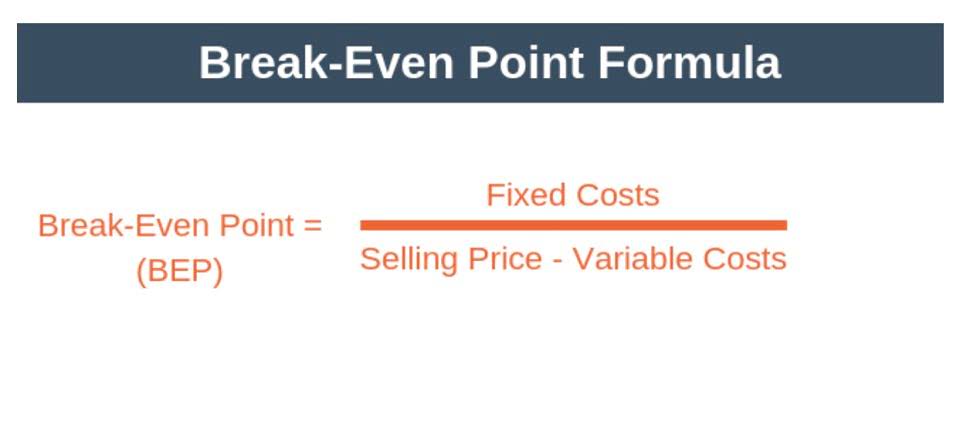Deciding between outsourcing and in-house accounting depends on your business’s specific needs, resources, and growth plans. Outsourcing offers cost savings, access to expertise, and scalability, making it an attractive option for many small businesses. In contrast, in-house accounting provides direct control, immediate access, and tailored solutions but comes with higher costs and recruitment challenges. While outsourcing offers flexibility and access to a broad range of skills, having an in-house accountant provides more control and more frequent support. Weigh the advantages and disadvantages of each approach against your specific needs and goals.
Avoid Double Taxation for C Corporations…
When you outsource, you might feel like you’re losing some hands-on control over your financial tasks. This can be a concern for some business owners who are used to managing everything in-house and staying closely involved in daily operations. You also avoid the hassle of recruiting and training the right talent for the job.
How do I choose the right outsourcing accounting firm for my business?
- In contrast, businesses with skilled accountants already in place may opt for in-house accounting to leverage their internal capabilities.
- Moreover, outsourcing brings the advantage of accessing a diverse skill set and industry-specific knowledge.
- By delegating these interconnected tasks to external experts, your business can minimize the risk of errors and ensure that financial data is handled with precision.
- Having an extra set of trained eyes on the financial workings of your business will virtually eliminate the risk of fraud in your business.
- When navigating the outsourcing vs. in-house accounting decision, Accario, an accounting outsourcing specialist with over 15 years of experience, emerges as a trusted partner.
- Ask for references and testimonials from other clients to gauge the reputation and reliability of the accounting firm.
However, due to technological advancements in accounting over recent years, business owners are realizing that traditional isn’t always best when it comes to managing finances. Ultimately, in-house and outsourced accounting should align with your business’s goals and operational needs. In-house accounting can provide control, but it also has significant challenges impacting your business’s financial health.
Tailored solutions
Direct access to accounting records enables the business owner to make informed decisions on pricing strategies, supplier negotiations, and overall retained earnings business expansion. Many businesses have many choices when it comes to outsourced and in-house accounting. This article will help you understand what each approach offers so you can make the best decision for your firm.
Essential Finance and Accounting Functions to Consider Outsourcing
Take your time to weigh the pros and cons of each option to find what works best for you. Many businesses choose to outsource specific tasks, like payroll processing, tax preparation, or accounts receivable, while maintaining control over core financial activities. We’ve also curated a list of top providers of finance and accounting outsourcing services, ensuring you can make an informed choice to optimize your financial management. Choosing between in-house and outsourced accounting depends on your business goals. However, for most organizations, outsourcing offers unmatched cost-effective accounting solutions, expertise, and flexibility.
They may be an expert in financial planning and budgeting, but fall flat in the face of tax management. Furthermore, the 2023 Training Industry Report concludes that, on average, a company spends 57 hours and $954 to train each employee. Couple this with the fact that the hired employee takes an average of 12 months to start adding value to the business, and you can see the bills racking up. Also, add the cost of HR professionals and the hours executives spend conducting interviews. Overall, hiring in-house, in the grand Accounting for Churches scheme of things, can be one of the biggest expenses a business can take on. Before we even talk about the skyrocketing wage demands by local US accountants, we must address the cost of hiring a professional itself.
- Consider your business’s specific requirements and weigh the pros and cons of each option to make an informed decision.
- In house accounting has been the standard approach in business for quite some time.
- It lets you run your business better with advice from experts, but without the big costs.
- When considering new services or needing to adapt quickly to regulatory changes, speed is of the essence.
- Outsourced accounting is the practice of hiring external professionals or firms to handle a company’s accounting functions.
- Ultimately, in-house and outsourced accounting should align with your business’s goals and operational needs.
Q4. Is finance and accounting outsourcing suitable for all businesses?
It is essential that your outsourcing partner follows all relevant laws, regulations, and industry standards to uphold fairness, transparency, and accountability. This involves implementing strong internal controls, conducting regular audits, and providing ongoing education to employees about compliance standards. Outsourcing audit and compliance services is a strategic decision for organizations seeking to maintain accurate financial practices while adhering to regulatory standards. Audit services focus on evaluating financial records to ensure transparency, uncover discrepancies, and mitigate potential financial or legal risks. Meanwhile, compliance services ensure that all financial activities In-House Accounting vs Outsourcing align with tax laws and corporate governance standards. Together, these functions are essential for producing accurate financial statements, strengthening internal controls, identifying compliance gaps, and reducing risks.




